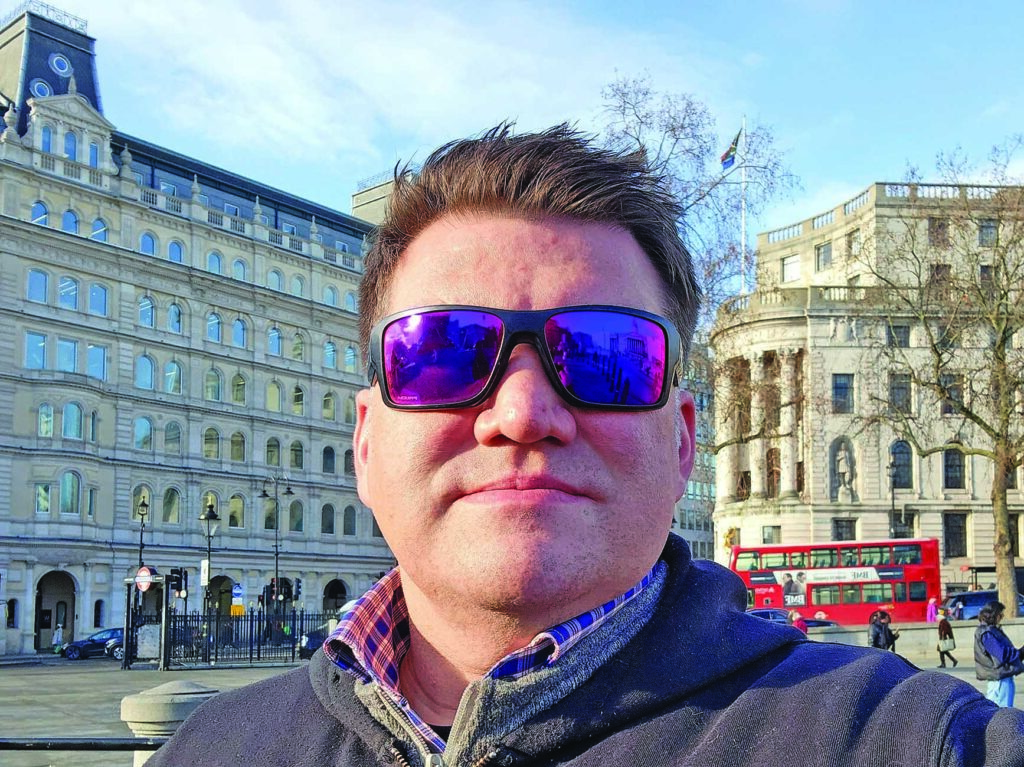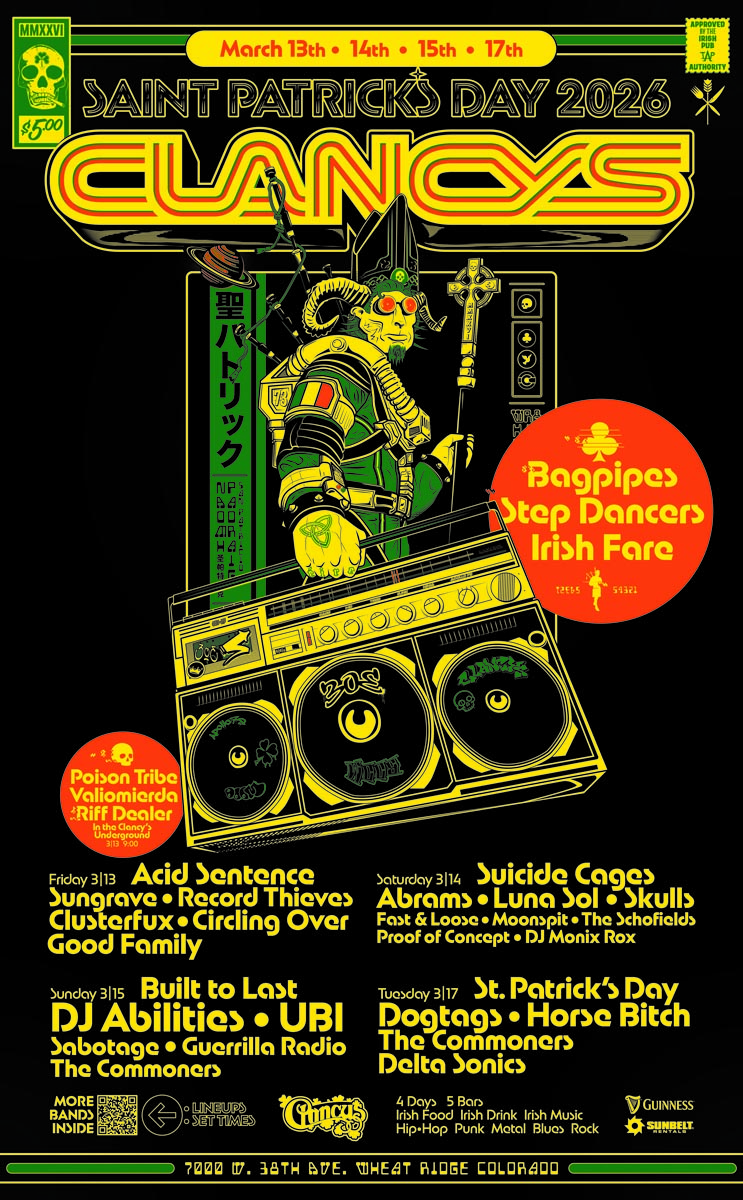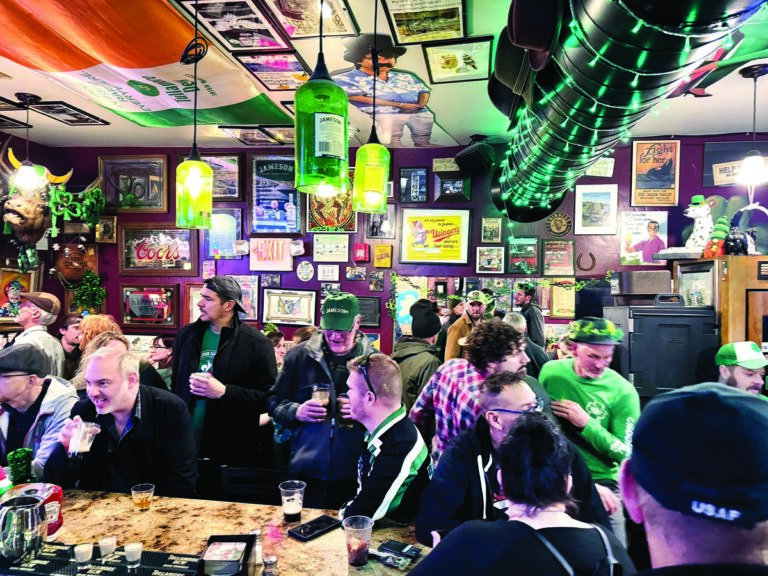Navigating isolation, workload and self-care during the holidays
Many think Stephen King’s “The Shining” is about a possessed hotel with sinister intentions. But for me, the story serves as a metaphor for the perils of isolation and Jack Torrance’s descent into madness. The challenges faced by the characters in the Overlook Hotel eerily parallel the struggles of those who work from home.
Did your children test your patience by cycling through the house? Have you spent countless hours gazing blankly across your desk with little else to do? And let’s be honest – who hasn’t entertained the idea of briefly confining their partner in the walk-in cooler? I find myself asking if Jack’s fate would have differed if he had prioritized his mental health.
For me, the linchpin of my mental well-being has always been traveling. The experience of new foods and exploration of unfamiliar landscapes added back into my life what the daily grind stripped away. I could immerse myself in work for months, feeling numbed to monotonous routine — only to rejuvenate with a few days of vacation. But the pandemic had effectively paused travel for the better part of three years. I was compelled to seek alternative avenues to sustain a healthy mindset. Whether you call it mental health, cognitive hygiene or wellness, its impact extends to every element of our lives.
A substantial professional workload can easily become a burden we bring home to our families. Feelings of depression and anxiety can drain the scarce energy needed to be the best spouse, parent and coworker we aspire to be. Mental wellness is not a mere item on our to-do list. While massages, spa retreats and a double-vanilla Frappuccino offer temporary solace, they fall short of ensuring sustained wellness. Rather, the balancing act of mindfulness, healthy boundaries and self care demands hard work and a long-term commitment.
For me, that commitment translated into investing hours with a cognitive behavioral therapist, engaging in physical exercise and devouring countless self-improvement books. It involved learning about adult attention deficit hyperactivity disorder (ADHD) and adopting effective coping strategies. Success didn’t hinge on a singular approach but on the blend of several strategies and adjusting when the mixture no longer worked. Crucially, it required a shift away from the black-and-white mindset that travel could satisfy my cognitive needs, realizing the endless color tapestry of options available.
The holiday season brings us in-person family gatherings, professional office parties and vacation time. But It’s also an opportunity to integrate these lessons into our lives. The season reminds us that amidst the hustle and bustle, there’s a chance to put down work, reevaluate our mental well-being and prioritize our self-interests. Jack Torrance’s cautionary tale serves as a reminder that without such breaks, we risk finding ourselves trapped and frozen in the intricate maze of life.






